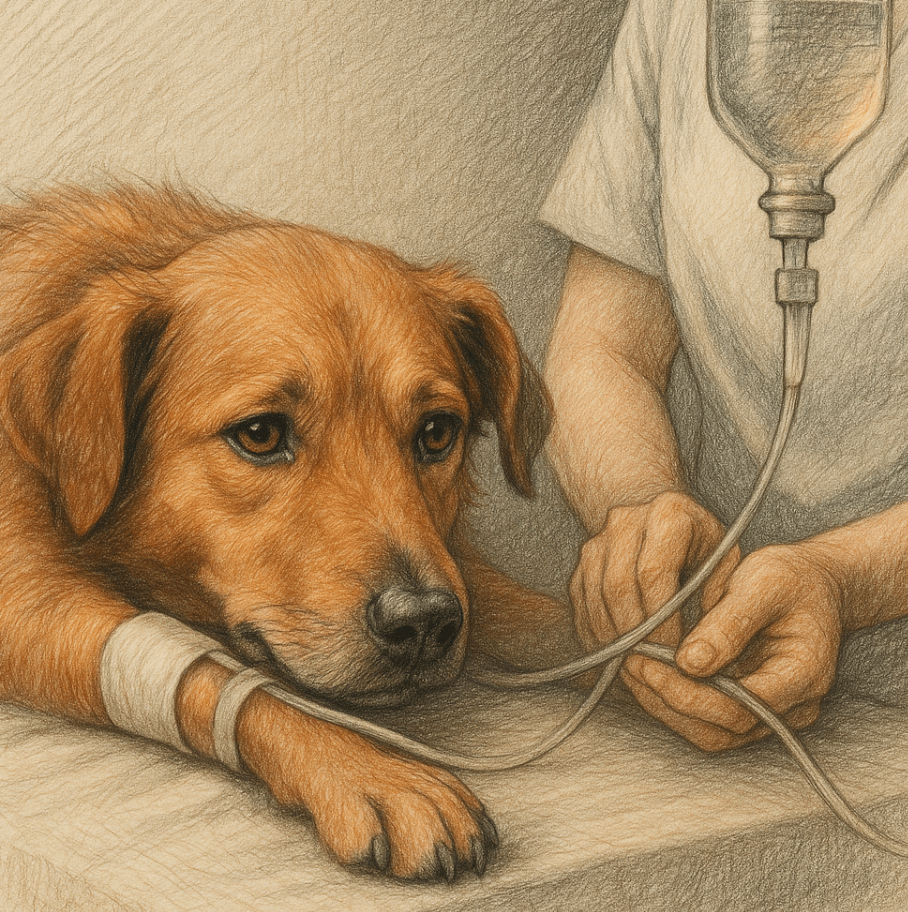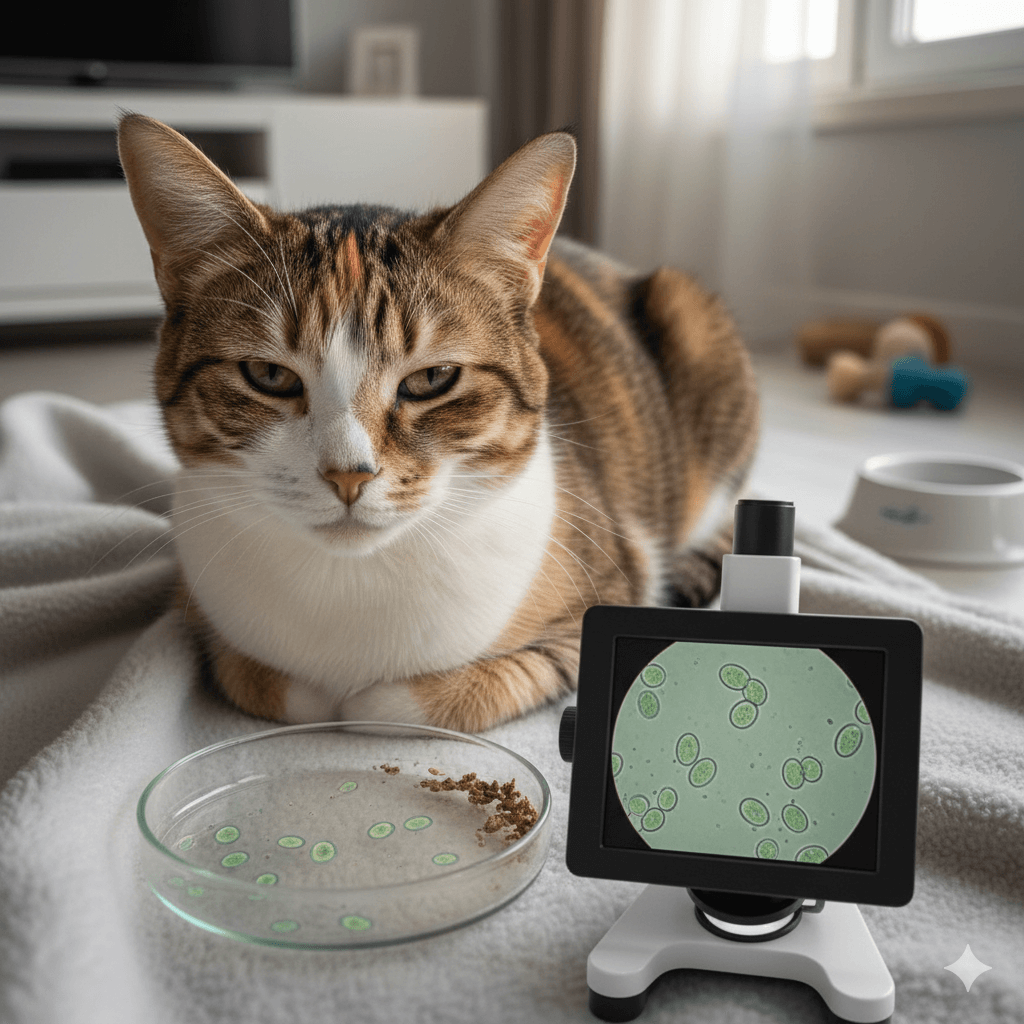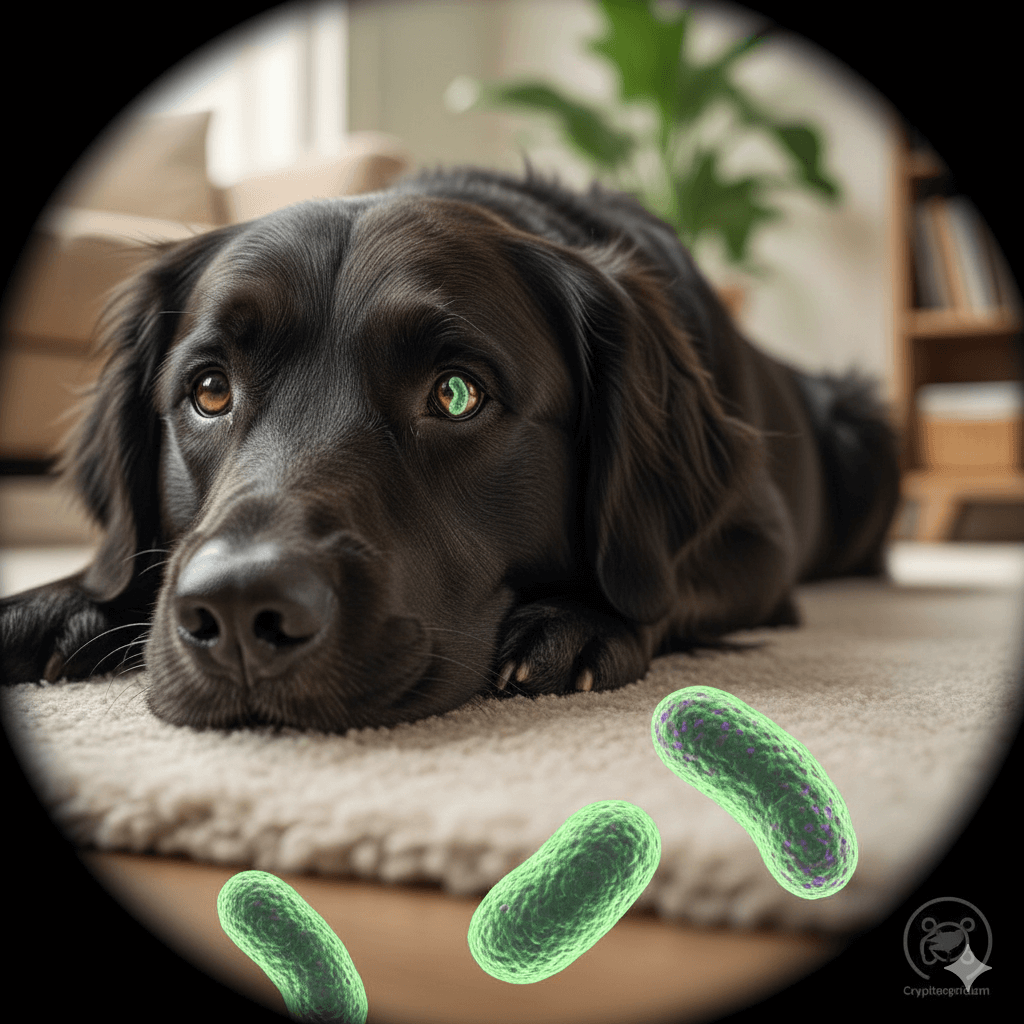Can a Dog Recover from Poisoning?
Dogs are naturally curious creatures, and their eagerness to explore the world often leads them into potentially dangerous situations. Unfortunately, this curiosity can sometimes result in accidental poisoning, which is a frightening experience for any pet owner. Whether it’s ingesting toxic plants, household chemicals, or human medications, poisoning can have serious consequences for your furry friend. The good news is that many dogs can recover from poisoning if prompt action is taken.
Understanding the signs, treatment options, and preventive measures is essential for ensuring your dog’s safety and well-being. Let’s delve into everything you need to know about helping your dog recover from poisoning and preventing future incidents.
Expert Insight: The Importance of Immediate Action in Poisoning Cases
“Finding out that your pet has been poisoned is one of the most frightening things to happen to a pet owner. Luckily, dogs promptly treated by a veterinary professional tend to recover from cases of poisoning. While death will be unavoidable in some cases of poisoning, many cases can be treated by medical professionals. But time is of the essence. Contact your veterinarian immediately if you suspect your dog has ingested something poisonous. Delaying treatment could be a life-or-death situation for your dog.”
— Dr. Lorna Whittemore, Veterinarian
Signs Your Dog May Be Poisoned
Recognizing the symptoms of poisoning early can make all the difference in your dog’s recovery. If you notice any of these warning signs, it’s crucial to act quickly to minimize the damage.
Vomiting or Diarrhea:
These are common reactions to toxins and may indicate that your dog’s body is trying to expel harmful substances.Excessive Drooling or Foaming at the Mouth:
This could suggest exposure to certain poisons, such as pesticides or cleaning products.Lethargy or Weakness:
A sudden lack of energy or inability to move normally may signal internal distress caused by poisoning.Difficulty Breathing:
Labored or rapid breathing can occur if the toxin affects your dog’s respiratory system.Seizures or Tremors:
Severe neurological symptoms like seizures often indicate exposure to highly toxic substances.
Being aware of these signs allows you to respond swiftly and seek professional help, increasing your dog’s chances of recovery.

Immediate Steps to Take if Your Dog Is Poisoned
If you suspect your dog has been poisoned, time is of the essence. Taking the right steps immediately can prevent further harm and improve your dog’s prognosis.
Remove Your Dog from the Source of Poison:
If the toxin is still accessible, move your dog away to prevent further ingestion or exposure.Do Not Induce Vomiting Without Guidance:
While vomiting may seem like a solution, some toxins can cause more damage if expelled improperly. Consult a vet first.Identify the Poison:
Gather information about the substance your dog ingested, including packaging or labels, to provide accurate details to your veterinarian.Call Your Veterinarian or an Animal Poison Control Hotline:
Professional advice is critical in determining the best course of action based on the specific toxin involved.Keep Your Dog Calm and Comfortable:
Minimize stress by keeping your dog in a quiet, safe space while waiting for medical assistance.
These immediate actions can stabilize your dog and set the stage for effective treatment under veterinary care.
Check this guide 👉Salmon Poisoning in Dogs: Best 7 Expert Tips!
Check this guide 👉Are Gardenias Poisonous to Dogs? Best 7 Expert Tips!
Check this guide 👉Dog Potato Poisoning: Best 7 Expert Tips!
Common Household Toxins | Symptoms They May Cause |
|---|---|
Chocolate | Vomiting, diarrhea, seizures |
Grapes and Raisins | Kidney failure, lethargy |
Cleaning Products | Drooling, difficulty breathing |
Medications (e.g., ibuprofen) | Stomach ulcers, kidney damage |
Plants (e.g., lilies, sago palm) | Vomiting, liver failure, tremors |
Treatment Options for Poisoned Dogs
Once your dog is under veterinary care, several treatment options may be employed depending on the type and severity of the poisoning. Understanding these treatments can give you peace of mind during a stressful time.
Activated Charcoal:
This substance helps absorb toxins in the stomach, preventing further absorption into the bloodstream.IV Fluids:
Intravenous fluids are often administered to flush toxins from the body and support organ function.Medications to Counteract Effects:
Specific antidotes or medications may be given to counteract the effects of certain poisons, such as antifreeze toxicity.Induced Vomiting:
Under veterinary supervision, vomiting may be induced to remove toxins from the stomach if safe to do so.Monitoring and Supportive Care:
In severe cases, hospitalization may be required to monitor vital signs and provide ongoing supportive care.
With proper treatment, many dogs can recover fully, but early intervention is key to achieving the best outcome.
Preventive Measures to Avoid Poisoning
Preventing poisoning in the first place is always better than dealing with its aftermath. These proactive steps can help keep your dog safe from harmful substances.
Store Hazardous Items Safely:
Keep cleaning products, medications, and chemicals out of reach in locked cabinets or high shelves.Be Cautious with Food:
Avoid feeding your dog foods that are toxic to them, such as chocolate, grapes, onions, and garlic.Inspect Your Yard for Toxic Plants:
Remove or fence off plants like lilies, sago palms, and azaleas that pose a risk to curious dogs.Use Pet-Safe Products:
Opt for non-toxic pest control solutions and cleaning supplies specifically designed for homes with pets.Supervise Outdoor Activities:
Keep an eye on your dog during walks or playtime to ensure they don’t ingest harmful objects or substances.
By implementing these preventive measures, you can significantly reduce the risk of your dog encountering toxins.
Common Mistakes to Avoid When Dealing with Poisoning
When handling a suspected poisoning case, even well-meaning pet owners can make mistakes that worsen the situation. Avoiding these errors ensures your dog receives the best possible care.
Delaying Veterinary Care:
Waiting too long to seek help can allow toxins to cause irreversible damage. Act immediately when poisoning is suspected.Attempting Home Remedies Without Guidance:
Some remedies can exacerbate the problem, especially if the toxin isn’t properly identified. Always consult a professional first.Ignoring Product Labels:
Failing to read labels on household items can lead to accidental exposure. Educate yourself about potential hazards in your home.Panicking Instead of Acting Calmly:
Panic can cloud judgment and delay necessary actions. Stay calm to assess the situation effectively.Assuming Your Dog Will Be Fine Without Intervention:
Even mild symptoms can escalate quickly. Never assume a toxin is harmless until confirmed by a vet.
Avoiding these mistakes increases your chances of a positive outcome for your dog.
Foods That Are Safe Alternatives for Dogs
While many human foods are toxic to dogs, there are plenty of safe and nutritious alternatives you can offer as treats. These foods provide a healthy way to indulge your pup without risking poisoning.
Carrots:
Low in calories and high in fiber, carrots make a crunchy and satisfying snack for dogs.Blueberries:
Packed with antioxidants, blueberries are a tasty and nutritious option for canine treats.Peanut Butter (Xylitol-Free):
A small amount of peanut butter can be a delightful reward, provided it doesn’t contain xylitol.Cooked Chicken:
Plain, unseasoned cooked chicken is an excellent source of protein for dogs.Pumpkin (Plain, Canned):
Pumpkin aids digestion and can help regulate bowel movements in dogs.
Offering these safe alternatives ensures your dog enjoys treats without compromising their health.
How to Create a Pet Emergency Kit
Having a pet emergency kit ready can save valuable time in case of poisoning or other emergencies. Stocking it with essential items ensures you’re prepared for unexpected situations.
Activated Charcoal:
Useful for absorbing toxins in the stomach before reaching a vet.Hydrogen Peroxide (3% Solution):
Can be used to induce vomiting if advised by a veterinarian.Muzzle or Soft Cloth:
Prevents biting if your dog becomes agitated during an emergency.Leash and Collar:
Ensures you can safely transport your dog to the vet if needed.List of Emergency Contacts:
Include your vet’s number, an animal poison control hotline, and nearby emergency clinics.
A well-stocked emergency kit empowers you to respond effectively and confidently in critical moments.
Frequently Asked Questions About Dog Poisoning
What should I do if my dog eats something toxic?
Contact your veterinarian or an animal poison control hotline immediately for guidance.
How long does it take for symptoms to appear?
Symptoms can appear within minutes to hours, depending on the toxin and amount ingested.
Are certain breeds more susceptible to poisoning?
All breeds are at risk, but smaller dogs may be more vulnerable due to their size.
Can I treat my dog at home without seeing a vet?
Home treatment is not recommended; professional care ensures the safest and most effective approach.
What if I don’t know what my dog ingested?
Provide as much detail as possible to your vet, including behavioral changes and potential sources of exposure.
Empowering Yourself to Protect Your Dog
Accidental poisoning is a scary scenario, but understanding how to recognize, respond to, and prevent it can make all the difference for your beloved pet. By staying informed and taking proactive steps, you can create a safer environment for your dog and ensure they receive timely care if the worst happens. Remember, your quick thinking and dedication are your dog’s best defense against poisoning. With vigilance and love, you can safeguard your furry companion and enjoy many happy, healthy years together.
Understanding Cryptosporidium in Cats: Best 7 Expert Tips! – Spot symptoms, treat safely, and stop parasite spread in your home.
Understanding Cryptosporidium in Dogs: Best 7 Expert Tips! – Learn symptoms, treatment & prevention for this stubborn gut parasite.
Understanding Syringomyelia in Cats: Best 7 Expert Tips! – Recognize signs, manage pain, and support your cat’s neurological health with vet-backed guidance.
Understanding Syringomyelia in Dogs: Best 7 Expert Tips! – Expert insights on symptoms, MRI diagnosis, pain management & quality of life.




